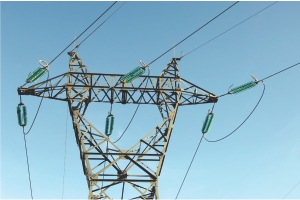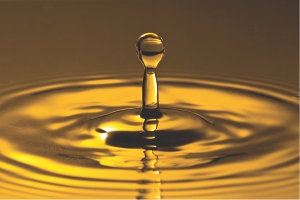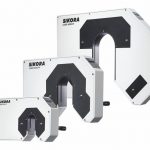CONDAT range of lubricants for aluminum include lubricants for wire drawing from rod breakdown to final wire and wire stranding and compacting
February 27, 2017
 As leader in lubrication for wire drawing market, Condat will again exhibit at INTERWIRE show 2017. This year, Condat will focus on its Aluminum wire drawing lubricants range. Indeed, the use of Aluminum in the electrical industry is increasing due to its cost efficiency compared to Copper. In addition, this metal offers interesting benefits such as good conductivity, lightweight and electromechanical properties. Aluminum wires are now mostly used in High voltage power cable, magnet wire and somewhat in automotive wire.
As leader in lubrication for wire drawing market, Condat will again exhibit at INTERWIRE show 2017. This year, Condat will focus on its Aluminum wire drawing lubricants range. Indeed, the use of Aluminum in the electrical industry is increasing due to its cost efficiency compared to Copper. In addition, this metal offers interesting benefits such as good conductivity, lightweight and electromechanical properties. Aluminum wires are now mostly used in High voltage power cable, magnet wire and somewhat in automotive wire.
CONDAT range of lubricants for aluminum
- Wire drawing from rod breakdown to final wire:
 VICAFILTM TFA neat oils range has been designed to offer both low residues and extended operating life. Its specifically formulated additives package minimizes thermal oxidation maintaining longer lubricant performance. The bath life is increased and thus reduces maintenance costs. Thanks to their low viscosity, VICAFIL TFA 1167 and VICAFIL TFA 1460 reduce lubricant consumption while offering high lubricity. Their unique formulation provides extended operating life without the need of maintenance additives.
VICAFILTM TFA neat oils range has been designed to offer both low residues and extended operating life. Its specifically formulated additives package minimizes thermal oxidation maintaining longer lubricant performance. The bath life is increased and thus reduces maintenance costs. Thanks to their low viscosity, VICAFIL TFA 1167 and VICAFIL TFA 1460 reduce lubricant consumption while offering high lubricity. Their unique formulation provides extended operating life without the need of maintenance additives.- Soluble lubricants for aluminum drawing: most recently, Condat has been working to develop new products designed to provide a solution for the desire to draw both aluminum and copper wire with the same water-based lubricant. Our VICAFIL TAL range will deliver that solution while providing a cleaner working environment.
- Wire stranding and compacting: For this specific process, Condat offers a range of vanishing stranding lubricants that leave very low residues while minimizing flammability and reducing VOC’s. Those products are perfectly compatible with the subsequent plastic insulation processes: perfect adhesion and no bubbling.




